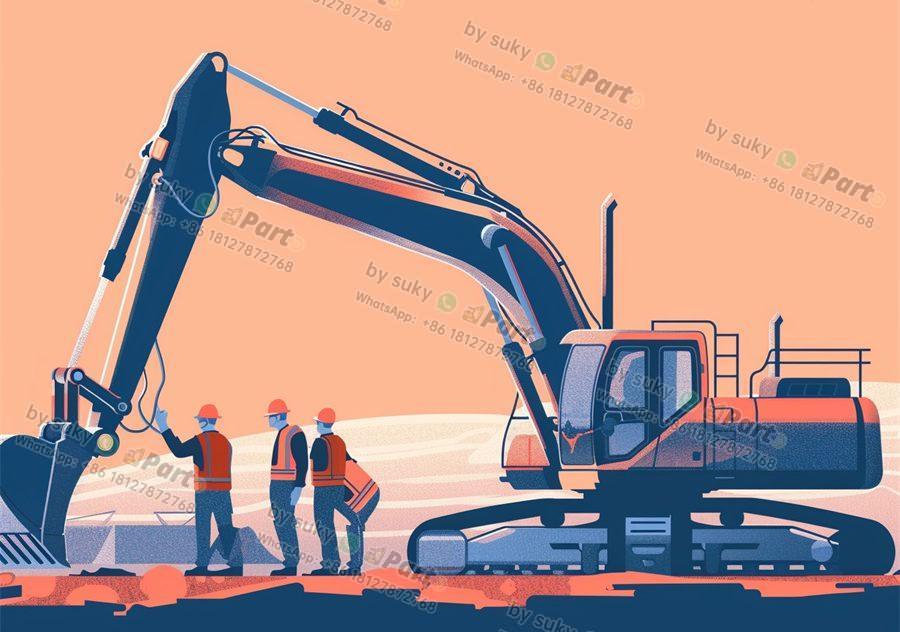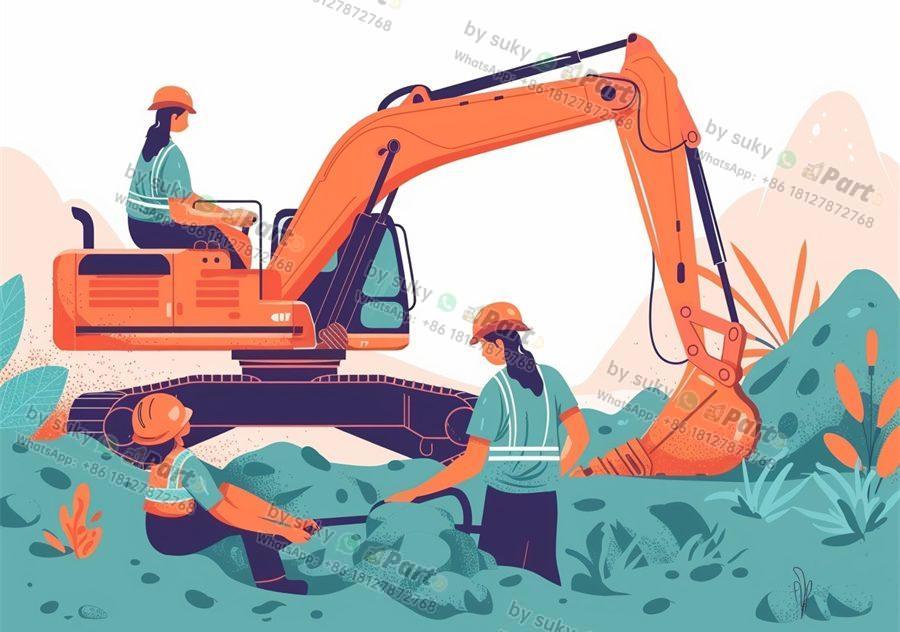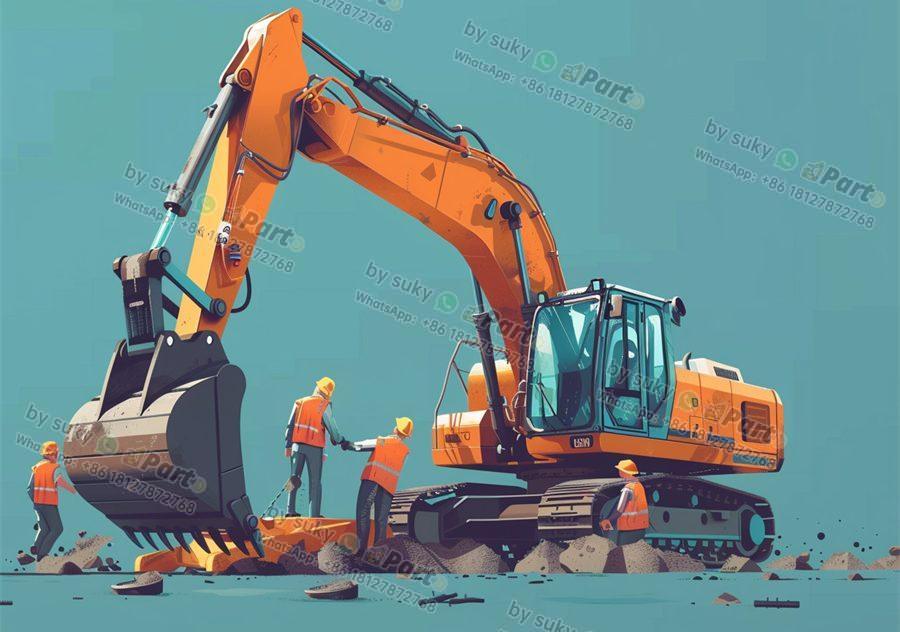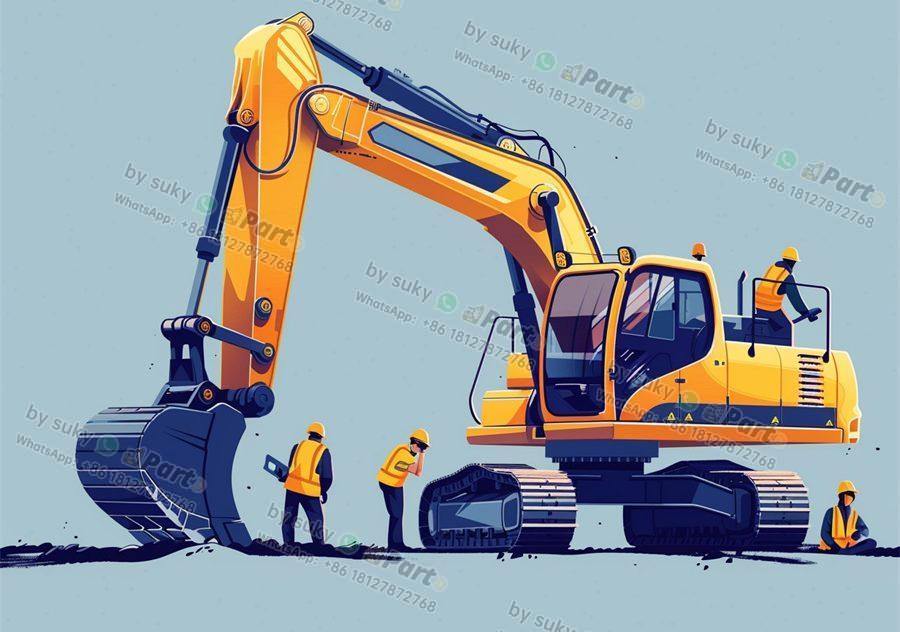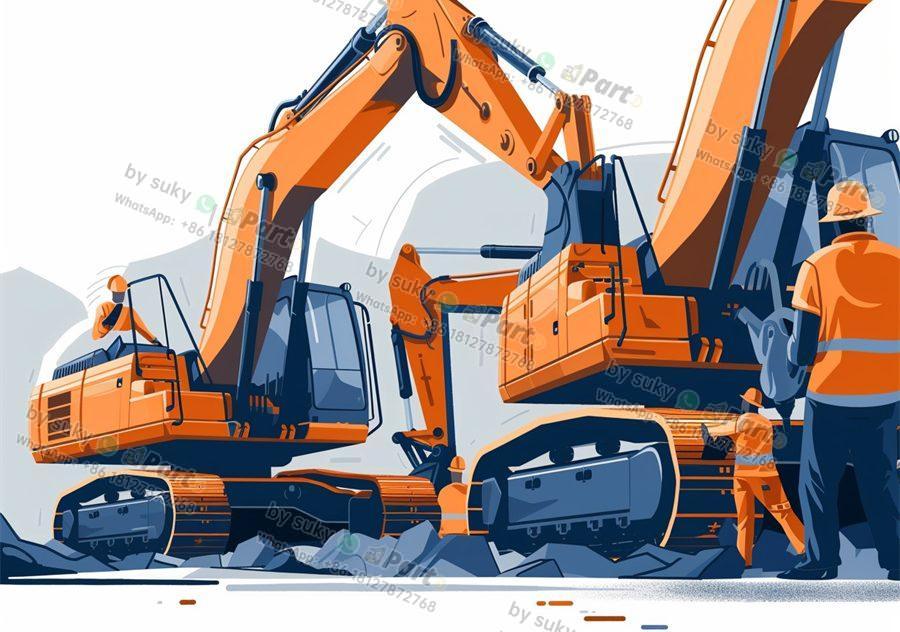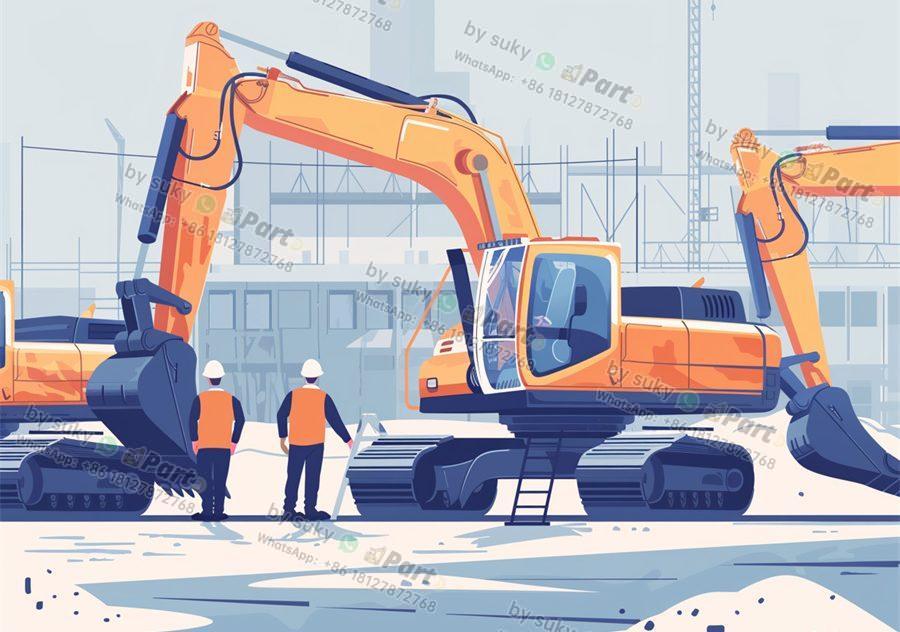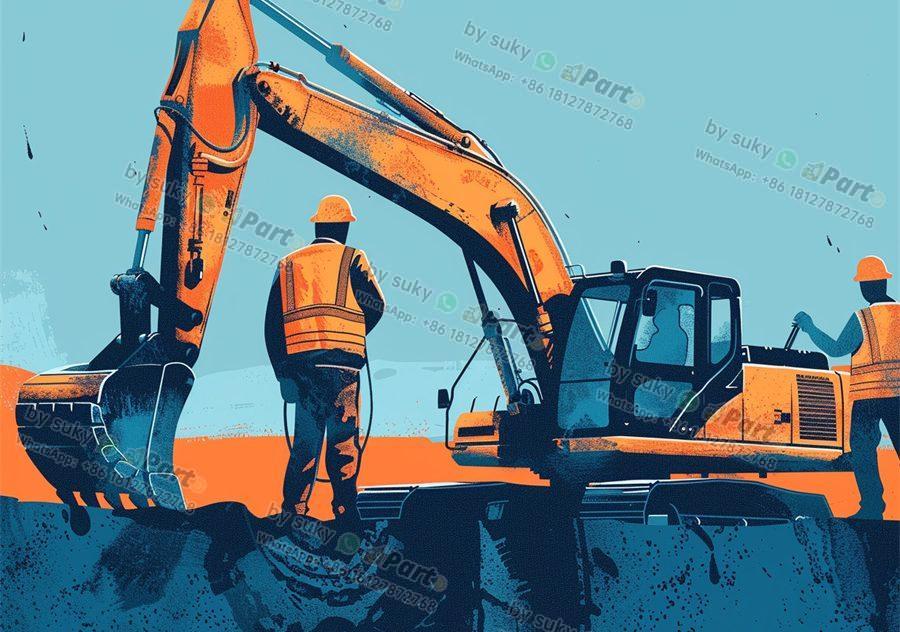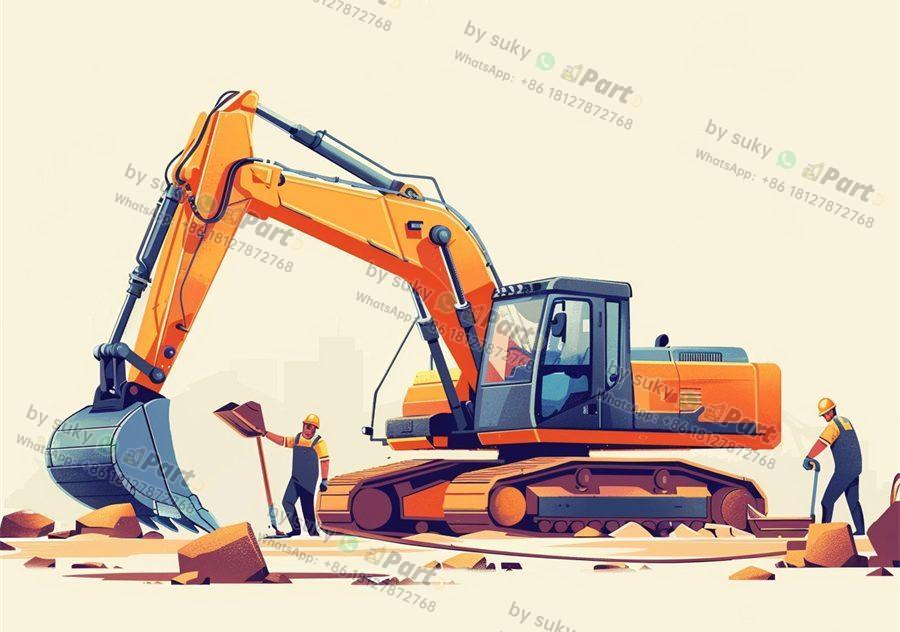As an importer or distributor of construction vehicle parts, you understand the importance of keeping Caterpillar equipment running smoothly for as long as possible. Regular maintenance and proper care are key to ensuring the longevity of these heavy-duty machines. Here are some top tips for extending the lifespan of your Caterpillar equipment.
1. Regular Inspections and Maintenance
One of the most crucial steps in prolonging the lifespan of your Caterpillar equipment is to conduct regular inspections and maintenance. By scheduling routine check-ups, you can catch potential issues early on and prevent them from escalating into costly repairs. Make sure to inspect all components of the equipment, including the engine, hydraulic systems, and undercarriage, to ensure everything is in working order.
2. Use Genuine Caterpillar Parts
When it comes to replacing parts on your Caterpillar equipment, always opt for genuine Caterpillar parts. These OEM parts are specifically designed to fit and function seamlessly with your machine, ensuring optimal performance and durability. Using aftermarket or counterfeit parts may seem like a cost-effective solution in the short term, but they can lead to serious issues down the line and even void your warranty.
3. Proper Storage and Cleaning
Proper storage and cleaning procedures are essential for keeping your Caterpillar equipment in top condition. Store the equipment in a clean, dry environment to protect it from the elements and prevent corrosion. Regularly clean the machine after use to remove dirt, debris, and other contaminants that can cause damage over time. Pay special attention to cooling systems and air filters, as clogged or dirty filters can reduce efficiency and lead to overheating.
4. Operator Training
Proper operator training is critical for maximizing the lifespan of your Caterpillar equipment. Make sure all operators are well-trained on how to operate the machines safely and efficiently. Encourage them to follow recommended operating procedures and avoid overloading or overworking the equipment. Investing in ongoing training and education for operators can help prevent unnecessary wear and tear on the machines.
In conclusion, by following these top tips for extending the lifespan of your Caterpillar equipment, you can ensure that your machines remain in peak condition for years to come. Remember to prioritize regular inspections and maintenance, use genuine Caterpillar parts, practice proper storage and cleaning habits, and provide thorough operator training. By taking proactive measures to care for your equipment, you can minimize downtime, reduce repair costs, and maximize the return on your investment.

